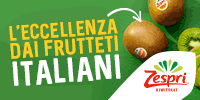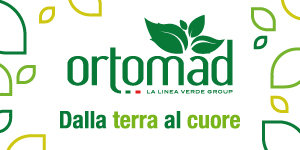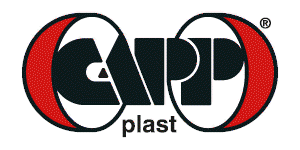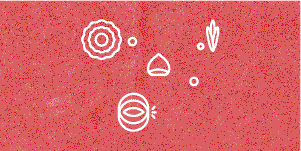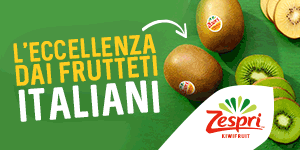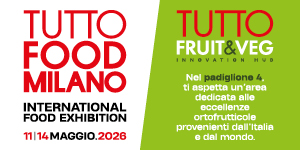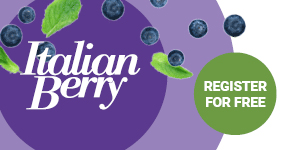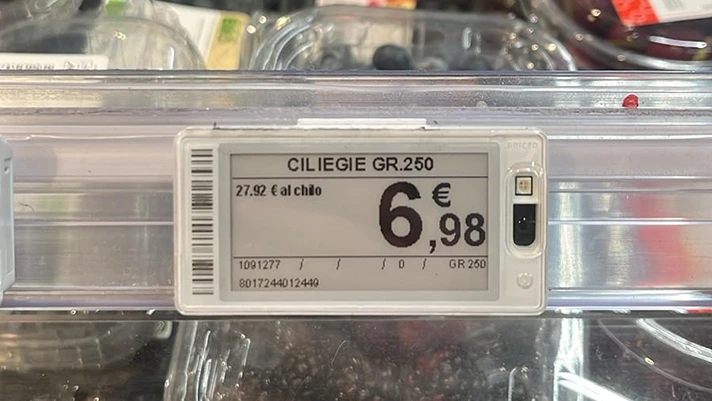Renate Künast, il Ministro per la protezione del consumatore, alimentazione e agricoltura ha lanciato una campagna di 7,5 milioni di Euro per il nuovo logo.
Il Bio Siegel, che contrassegna i prodotti biologici in Germania, era stato presentato dal ministro Künast nel settembre del 2001. Questo nuovo logo ha rimpiazzato il vecchio, denominato “Oekopruefzeichen”. La campagna promozionale prevede pubblicità sulla carta stampata e affissioni. Sono stati realizzate anche tre serie di spot che saranno trasmessi in TV tra febbraio e maggio di questo anno.
Gli operatori del commercio e dell'industria sostengono l'adozione del nuovo logo anche perchè non distingue tra prodotti di provenienza nazionale ed estera, come invece faceva il precedente “Oekopruefzeichen”.
D'altra parte in Germania le organizzazioni di produttori non sono particolarmente contente del nuovo «sigillo». Sostengono che le regole della Unione Europea non sono sufficientemente rigide, ma accettano il nuovo contrassegno in quanto permette di identificare meglio i prodotti di provenienza biologica sugli scaffali.
Germany launches organic market support campaign
In September 2001 German agriculture minister Renate Künast presented a new logo for organic food products marketed in Germany. This new logo replaced the preceding private industry label ?Oekopruefzeichen'. To help the organic market continue its dynamic growth, the Federal Ministry of Consumer Protection has launched a ?7.5 million campaign for the new logo. Ads will be printed in newspapers and magazines and shown on billboards. Also three series of TV clips have been produced and will be broadcasted during February through May 2002.
Retail trade and processing industry strongly support the new seal since it does not distinguish between imported and national products as the Oekopruefzeichen did. However, organic producer organizations in Germany are not very happy with the new seal. They claim that the EU organic rules are not stringent enough, but accept the seal as a helpful tool to better identify organic products on the retail shelf.
The demand for organic products in Germany increased by about 30 percent in 2001, bringing the total organic market share up to 2.1 percent. During 2001, almost all retailers and retail chains, including the price aggressive discount chains, tested new organic product lines in their stores. The results have been reportedly optimistic.
For 2002, some market observers forecast a twenty percent growth. However, in view of increasing economic problems in Germany and such a high growth rate may be optimistic. However, it is thought that sustained growth in the organic market will result from the fact that more conventional food retailers also offer organic products. German observers of the organic market hope that a wide use of the new logo will improve the visual identification of organic foods in the stores. So far the logo is already used by 170 companies for 1300 different products.
In reaction to the German organic industry criticism that EU regulation EEC 2092/91 is not strict enough, but now is the base requirement for the new German seal, the German government has prepared a memorandum for its reform.
The memorandum lists the following six points of reform:
In addition to producers and processors of organic foods, wholesalers of organic products should also be subject to the organic supervision system;
In the future only complete farms should be converted to organic operations;
Feed stuffs should only be produced on the farm where they are fed, or on a neighboring cooperating organic farm;
The list of non-organic feed stuffs temporarily or exceptionally approved for organic production should be revised and reduced;
Poultry manure and other liquid manure from conventional farms should no longer be permitted.
Rules for organic aquaculture should be developed.
Fonte: USDA Foreign Agricultural Service
Source Date: 5 March 2002
Documento completo: http://www.fas.usda.gov/gainfiles/200203/135683621.pdf


